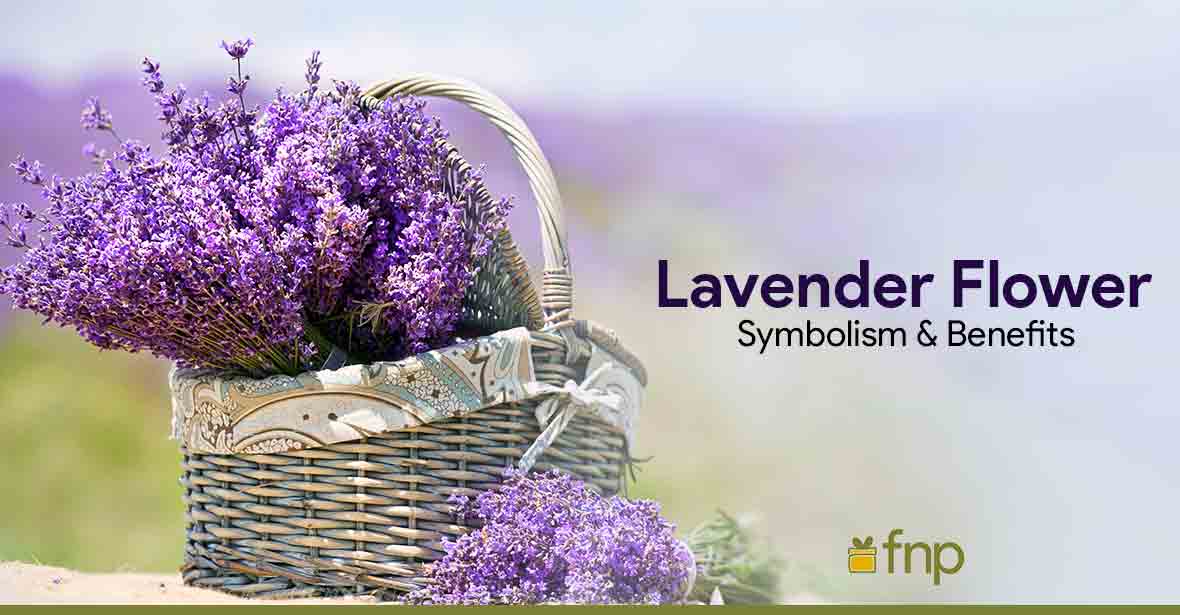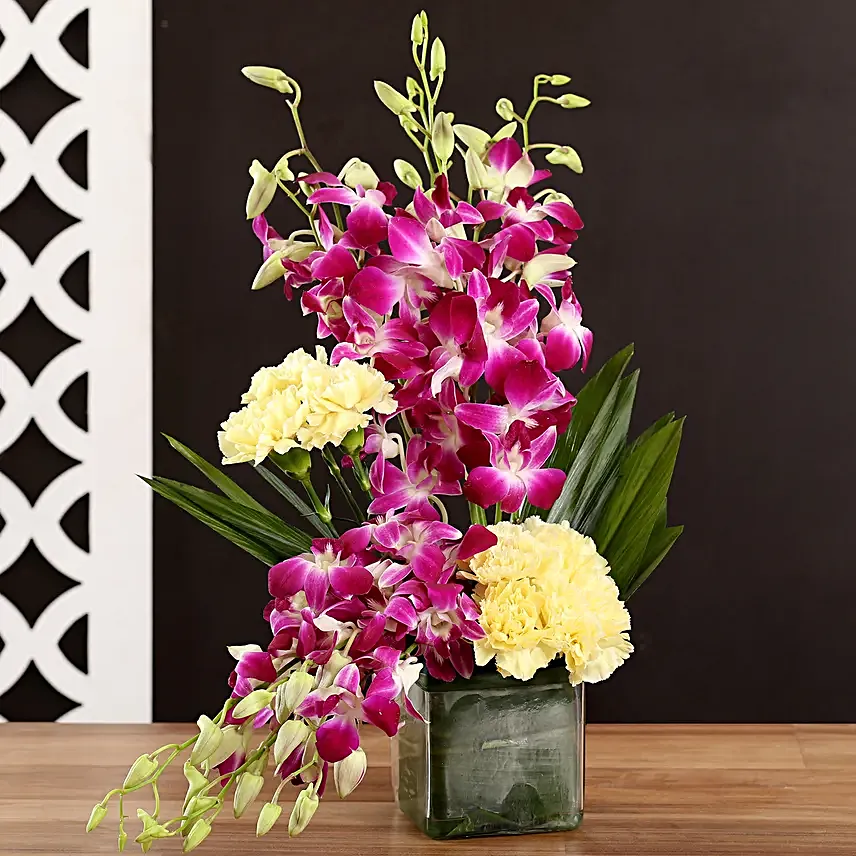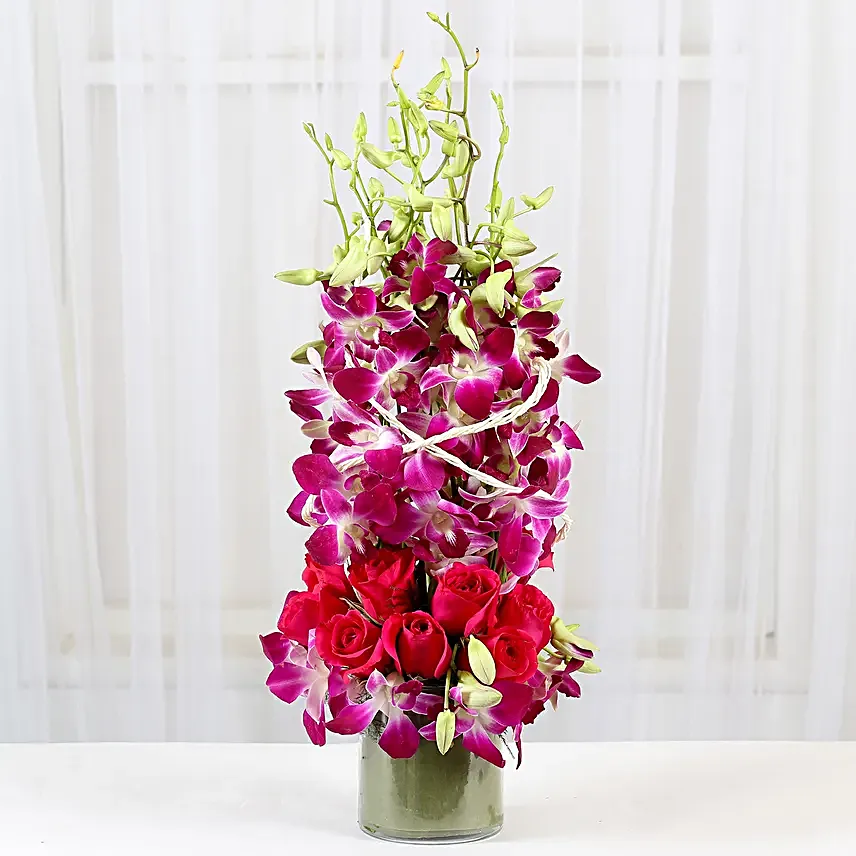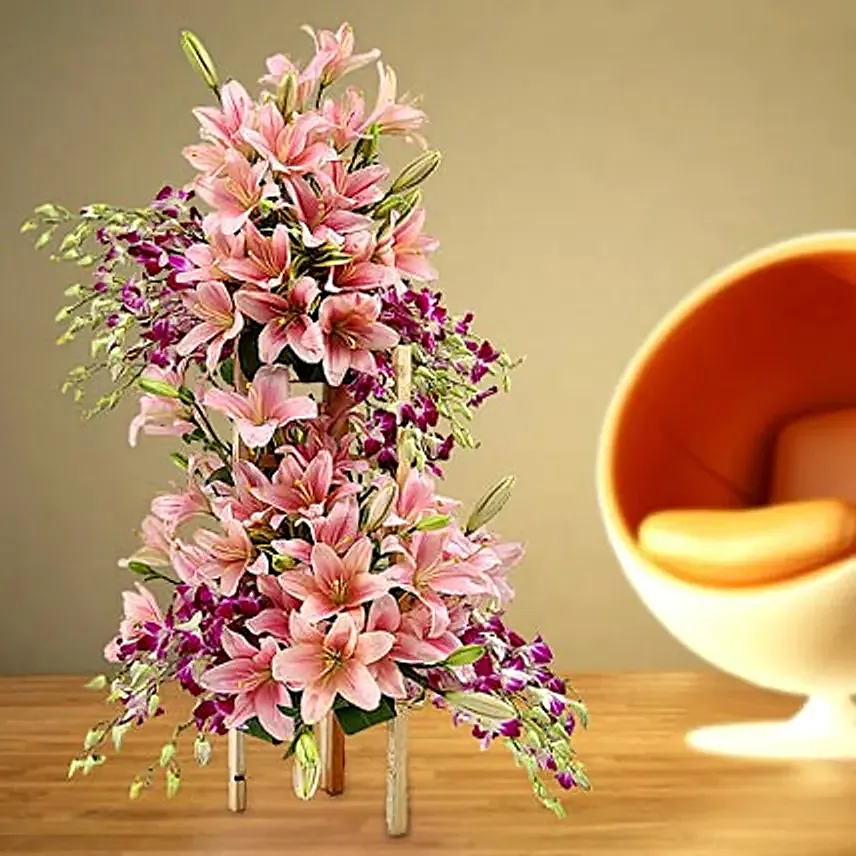Lavender Flower: Meaning, Symbolism & Benefits
- Author: Anushka Published: 31st Aug, 2023
The delicate and fragrant lavender flower, scientifically known as Lavandula, has captivated hearts and minds for centuries with its mesmerising beauty and aromatic allure. Beyond its visual and olfactory appeal, lavender holds deep meaning, rich symbolism and numerous benefits that have made it a beloved flowering plant worldwide. Get yourself acquainted with some of them below -

Meaning and Symbolism
Lavender has a profound historical significance, dating back to ancient civilisations like the Egyptians and Romans. The term ‘lavender’ is derived from the Latin word ‘lavare,’ which means ‘to wash.’ In the past, lavender was frequently used in baths and to scent linens due to its fresh, soothing scent. Throughout history, lavender has been associated with various symbolic meanings, such as -
Purity: Lavender's pristine and calming presence has been linked to purity and cleanliness, making it a popular choice for religious ceremonies and rituals.
Love and Devotion: The soft purple hue of lavender has often been connected to love and devotion, making it a cherished gift for expressing affection.
Protection: In ancient times, lavender was believed to offer protection against evil spirits and negative energies, leading to its use in warding off malevolent forces.
Peace and Serenity: The gentle fragrance of lavender is known to promote relaxation and calmness, symbolising peace and tranquillity.
Femininity: Lavender's association with femininity is evident in its use in beauty products and perfumes, often appealing to women for its delicate charm.
Benefits of Lavender Flower
In the United States, the practice of gifting flowers became popular in the 18th century. During this time, flowers were often given as a way of expressing feelings that could not be put into words. The language of flowers was also popular during this time and each flower had a specific meaning.
Lavender is a lot more than just a fragrant plant. This indoor flowering plant not only delights the senses but also offers various benefits with its medicinal and therapeutic properties -
Aromatherapy: Lavender essential oil is widely used in aromatherapy for its calming effects. It can help reduce stress, anxiety, and insomnia, promoting better sleep and overall well-being.
Skin Care: Lavender possesses antiseptic and anti-inflammatory properties, effectively treating skin conditions like acne, eczema, skin inflammation and minor burns.
Headache Relief: The inhalation of essential lavender oil is proven to alleviate headaches and migraines due to its calming impact on the nervous system.
Digestive Aid: The purple buds of the lavender flower makes for a calming herbal tea. It further assists in soothing digestive issues, relieving bloating, gas and indigestion.
Insect Repellent: The scent of lavender naturally deters insects, making it a safer and more pleasant alternative to chemical-laden repellents.
Antioxidant Properties: Lavender contains compounds that act as antioxidants, protecting the body's cells from damage caused by free radicals.
Pain Relief: Lavender oil, when applied topically, may help ease muscle pain and tension. It is also prized for its pain-relieving and anti-inflammatory properties. One can even use it to lessen the severity of migraine headaches.
By now you would be aware of why the significance of lavender flower goes beyond its ethereal beauty and pleasant aroma. From promoting peace and love to offering a host of medicinal advantages, this charming flower continues to enchant and enhance our lives. The next time you encounter this delightful bloom, get one for yourself or your loved ones.





